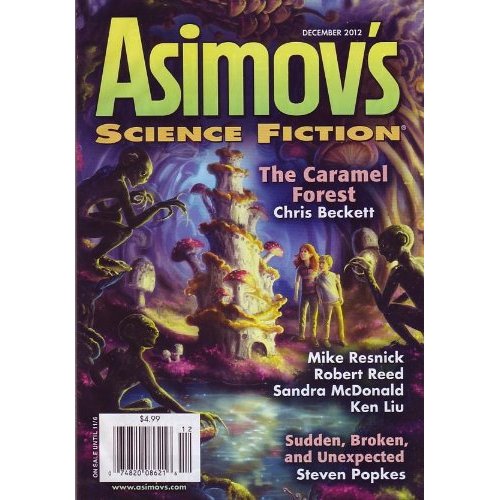I did a talk and reading this morning at the Greenbelt festival. It was certainly the largest bunch of people I’ve yet met to talk about the book, and most of them had read it too. There were many interesting questions, a couple of which really made me think about this book (some 20 years in the making, as I realised when I was preparing my talk) and its relationship with my life.
One questioner asked me whether the book had changed me, which I’ve never been asked before. It’s something of a cliché that ‘this book [whatever book it is] will change your life’, but I’ve never thought about whether the writer is also changed. The answer was, yes it has. The book is about letting go of the past, and in the course of writing it, I’ve certainly learned something about that painful process. How much the book shaped that learning, or reflected it, I’m not sure I can say, but I feel sure that, to some degree, it shaped it, for I have always believed that the stories we make up function, like dreams do, as a way of processing and recombining things that can’t be resolved by pure reason.
Another question was about the process of breaking free of our family of origin in order to be ourselves. Of course the book is all about that, and I knew that before, but it had never quite struck me before how much my whole adult life so far (and I am in my fifties) had been about just that: breaking free from, and simultaneously reconciling myself to…


